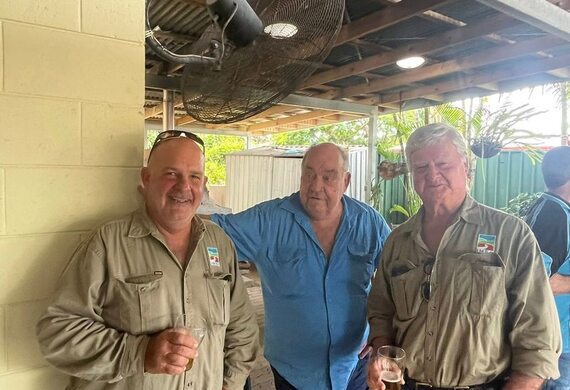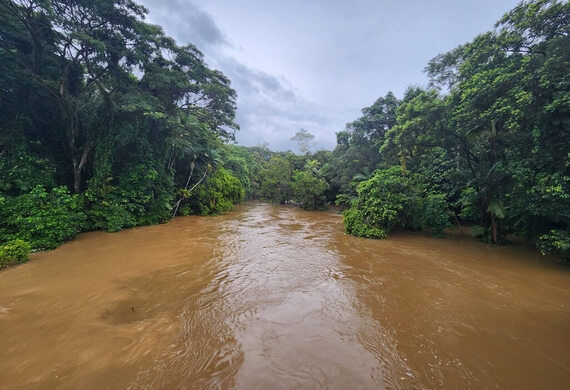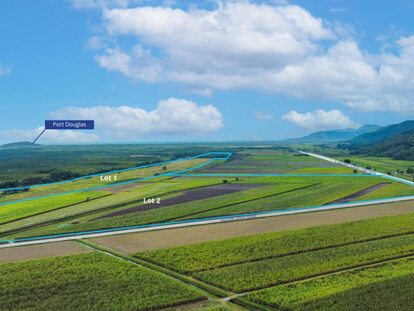New projects to reverse decline of spectacled flying-fox in Far North Queensland
Wet Tropics Rainforests
Two new projects, totalling $2m, will help the endangered spectacled flying-fox – a crucial long-distance pollinator and seed-disperser for Wet Tropics rainforests.
Found only in Far North Queensland and New Guinea, spectacled flying-foxes made headlines around the world in 2018 when a heatwave in FNQ wiped out more than 23,000 animals.
Terrain NRM’s Dr Andrew Dennis said the new projects, funded by the Federal Government, aim to reverse the species’ decline through actions including habitat improvement, reducing deaths from tick paralysis, and better understanding and managing the resources that the flying-foxes need.
One project will also help to develop a new way to monitor their numbers.
Dr Dennis said spectacled flying-foxes numbers plummeted between 2004 and 2016 – from 250,000 to 75,000 across the Far Northern region from Ingham to Cape York.
The 2018 heatwave killed another 23,000 Spectacled Flying-foxes and modelling predicts the declines will continue.
“Spectacled flying-foxes play a crucial role in our World Heritage forests because they pollinate plants and disperse seeds by eating fruits and moving their seeds across the landscape, in some cases to isolated rainforest areas,” Dr Dennis said.
“However, they are extremely sensitive to disturbances, and their populations have declined over the years because of cyclones, harassment, habitat loss and forest degradation, ticks and hazards like barbed wire and powerlines.
“Climate change is the greatest threat to this species, leading to mass mortality in incidents like the 2018 heatwave. Severe cyclones also impact the species by reducing food sources.”
Led by Terrain NRM, the new collaborative project will bring together scientists, Traditional Owners and conservation groups to better understand spectacled flying-fox roosting camps and foraging patterns, and to identify critical areas of habitat for protection and rehabilitation.
Dr Dennis said the four-year project would start by building on existing monitoring work and developing new tools with James Cook University and Traditional Owners.
“Indigenous ranger groups are helping us to collect critical data on camp and foraging behaviour, allowing us to pinpoint the highest-risk areas where we can put in some interventions to reduce the threats,” he said.
“Some of the targeted actions we’ll be undertaking to improve habitats include revegetation and weed management and supporting the establishment of reserves for their roosting camps.
“It takes a team to successfully recover an endangered species, so we are working closely with the Spectacled Flying-Fox Recovery Team to control as many sources of mortality as possible and to support population recovery.”
This project is supported by the Federal Government through funding from the Natural Heritage Trust and the Saving Native Species Programs.
Support public interest journalism
Help us to continue covering local stories that matter. Please consider supporting below.






















